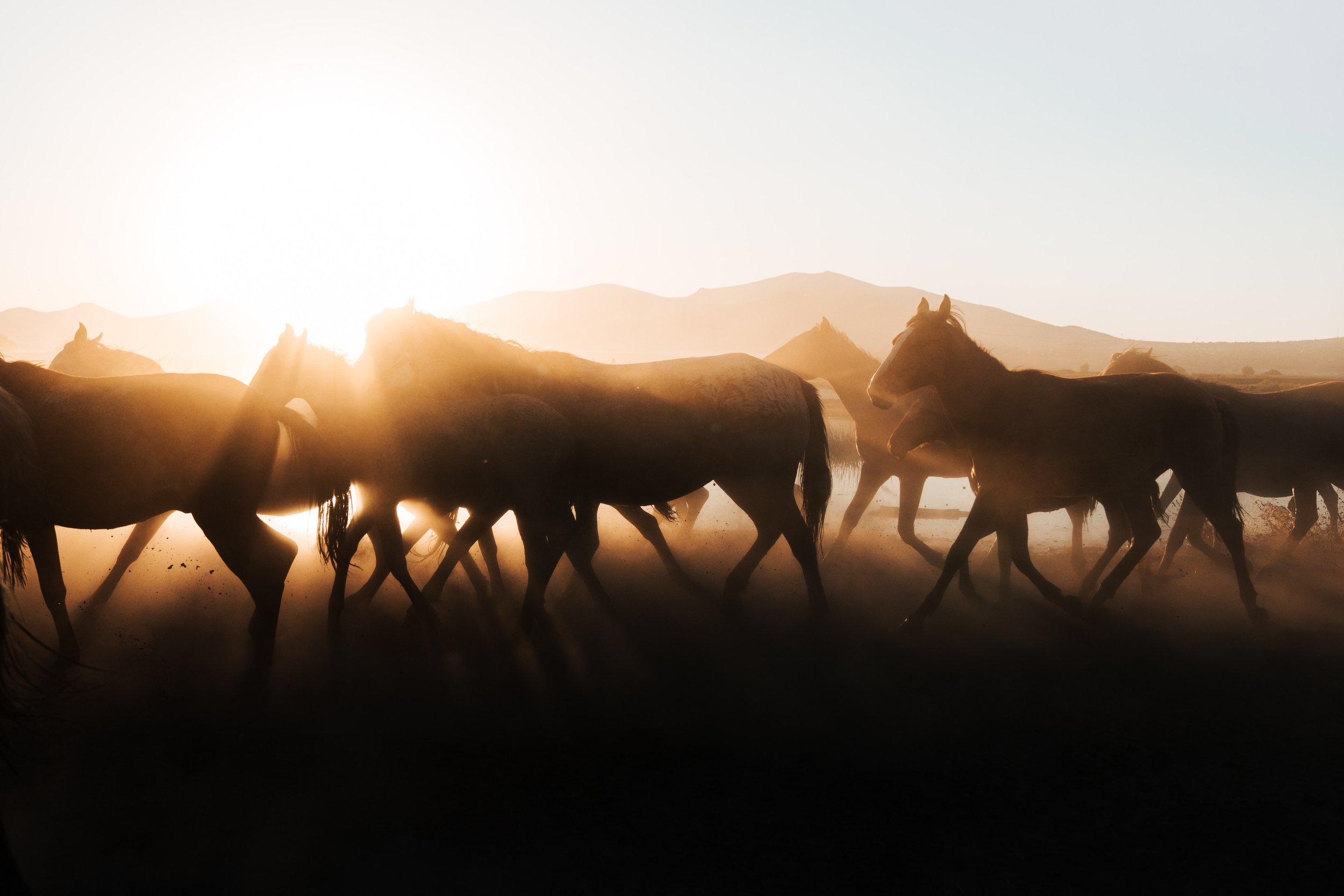Getting to Know Your Five Spirits
Po
魄
This article will focus on the most terrestrial aspect of ourselves, what the ancient Chinese called the Po (pronounced Pu-uh). It’s the most yin of the spirits and thus represents pure potentiality; the substance form which all things are made possible.
Once again, we see the proof of innate connection and mutual dependence. Where Hun is the yang energy, the motivating spirit, Po is what gets moved. It’s the stuff that activity comes from. Without it, Hun would have no by which to affect the world. Likewise, without Hun the Po spirit would be inert and all that potential would be wasted. Only together, with the conscious drive of the Shen, are the spirits’ efforts realized.
Imagine a stick of incense, smoke lazily rising from it. If we apply the actions of the spirit to this image, then the incense is Shen. It’s the thing – the concept – that makes it definable. The ash is po, returned to the earth once used up. Hun is the smoke that rises up and disperses into the world around it.
The Corporeal Soul
The Po is the part of the soul that is inexorably tied to the body and the earth. It’s the animal part of us, that thing which ties us forever to the environment we came out of. It’s active from the moment of conception, as the earliest organizational principles of the body are formed.
Physically it’s said to be stored in the lungs, further strengthening our bond to the environment. The Lungs bring clean and clear energy in the form of air (which some TCM physicians say is the correct definition of Qi) and expel what we don’t need. This unending circulation is part of the foundational principles of Daoist thought:
From the moment we’re born we bring in and let out air. The presence of humans requires the presence of air. You can say, then, that air and the environment we live in is part of being human. We aren’t separate from the earth, we’re a part and an expression of it. That is Po.
Thus, when we die the Po returns to the earth the same as our bodies. One can also consider that the ‘hereness’ we look for in meditative practices is being in concert with this spirit. Being present and mindful of our environment, and our connection to it, is communing with the aspect of ourselves.
The Nature of Po
In the Five Element theory of interaction, Po belongs to the Metal element. It corresponds with the Autumn season, bringing in and letting go, and death. All emotions can be said to affect the Po because they affect our physical body, but the most impactful emotion is grief. Someone who has experienced tremendous loss may say that they felt like they couldn’t breathe, or like they had the air knocked out of them.
The Metal Element, and thus to an extent the Po, rely on the virtues of self-worth, receptivity, and non-attachment. A balanced Po flows with the environment, accepting what is given and releasing what isn’t needed. An excessive Metal trait may suffer from longing, fear of letting go, or consumptive materialism. A recessive Metal trait leads to constant grief, a sense of emptiness, and poor self-image.
Nourishing the Po
“Here are the horses, able to tramp over frost and snow with the hooves they have, to keep out the wind and the cold with their coats. Chomping the grass and drinking the waters, prancing and jumping over the terrain – this is the genuine inborn nature of horses. Even if given fancy terraces and great halls, they would have no use for them. Then along comes Bo Le, saying, “I am good at managing horses!” He proceeds to brand them, shave them, clip them, bridle them, fetter them with crupper and martingale, pen them in stable and stall – until about a quarter of the horses have dropped dead. Then he starves them, parches them, trots them, gallops them, lines them up neck to neck or nose to tail, tormenting them with bit and rein in front and whip and spur behind. By then over half of the horses have died.”
This is the opening paragraph from Chapter 9 of the Zhuangzi, a book written somewhere around the 4th Century BC. In it we see that nature has a way of ordering things so that everything happens as needed and while balance is maintained, life thrives. Conversely, when we have the hubris to assume we know better, chaos ensues.
Nourishing the Po involve acknowledging that natural connection inside of us. Like a ball in a mountain stream, bouncing between experiences, accepting things as they come and releasing them just as readily. This is the counter to our hyper-active and achievement-oriented environment today. Even when our intentions are good, an overactive Hun spirit can leave us feeling rootless, frustrated and dissatisfied with the present. Strengthening the Po ensures our feet remain firmly planted.
善建者不拔.
善抱者不脫.
子孫以祭祀不輟.
What is firmly established cannot be uprooted.
What is firmly grasped cannot slip away.
It will be honored from generation to generation.

